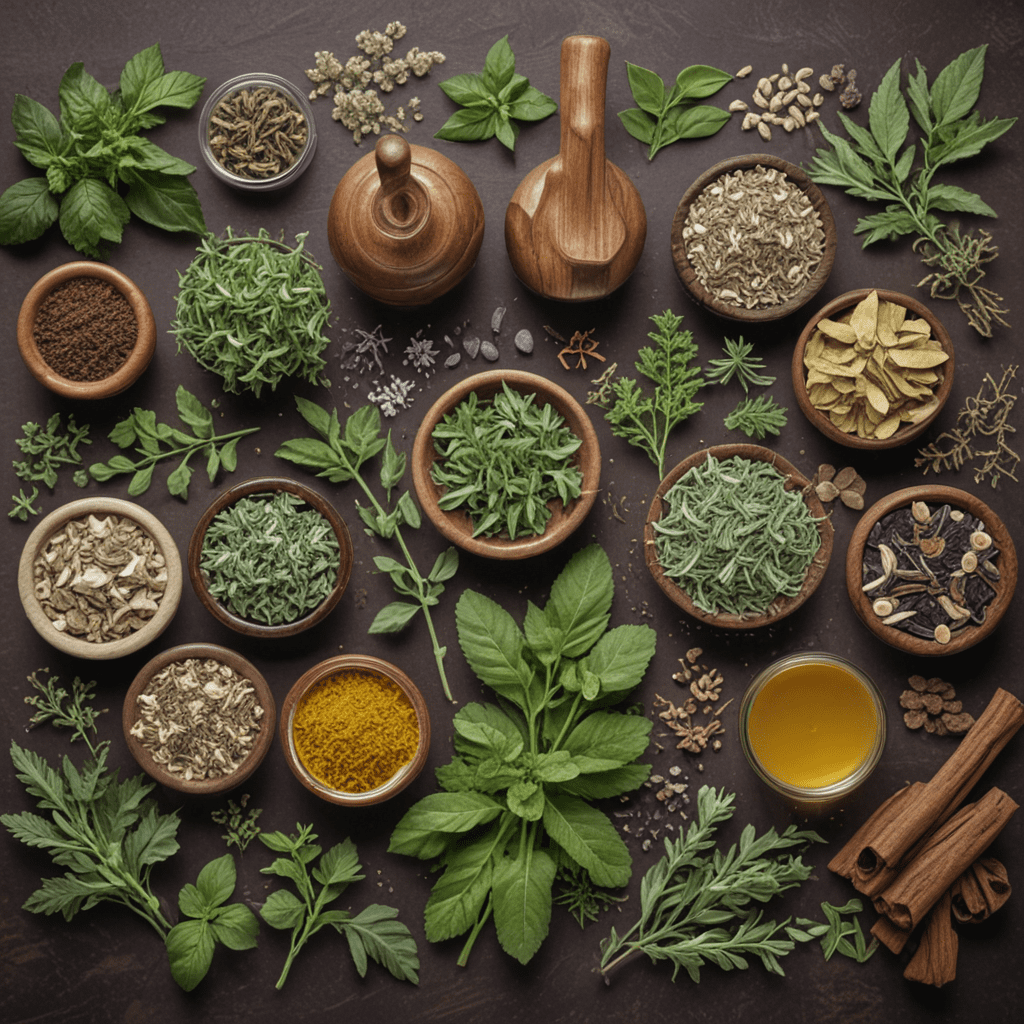
Vegan Diet and Pregnancy: Meeting Nutritional Needs Safely
I. Introduction
Embracing a vegan diet during pregnancy is a mindful choice that requires thoughtful planning to ensure adequate nutrient intake for both the mother and the developing fetus. Understanding the nutritional demands of pregnancy empowers vegan mothers to make informed decisions and maintain a healthy lifestyle throughout this transformative journey.
II. Understanding the Nutritional Needs of Pregnancy
Pregnancy significantly increases the body's nutritional requirements to support fetal growth and development. Essential nutrients include protein, iron, calcium, vitamin D, and vitamin B12. Meeting these demands requires a balanced and diverse diet that incorporates nutrient-rich vegan sources.
III. Vegan Sources of Essential Nutrients
Adequate protein intake is crucial for tissue building and fetal development. Legumes (beans, lentils), tofu, tempeh, and quinoa are excellent vegan protein sources. Iron, necessary for oxygen transport, is abundant in fortified cereals, leafy green vegetables, and legumes. Calcium, vital for bone health, can be obtained from fortified plant-based milk alternatives, leafy greens, and tofu. Vitamin D, essential for calcium absorption, is found in fortified foods and can be synthesized through sunlight exposure. Vitamin B12, required for cell growth and development, is not naturally present in plant foods but can be obtained through fortified foods or a supplement.
IV. Planning a Balanced Vegan Diet during Pregnancy
A balanced vegan diet during pregnancy should include:
- Variety of fruits and vegetables
- Whole grains, such as brown rice, quinoa, and oatmeal
- Legumes, including beans, lentils, and chickpeas
- Plant-based milk alternatives, such as almond milk or soy milk
- Fortified foods, such as cereals and nutritional yeast
- Healthy fats, such as avocado, olive oil, and nuts
V. Importance of Prenatal Vitamins and Supplements
Prenatal vitamins are essential for vegan mothers to supplement their diet and ensure adequate intake of key nutrients, including iron, vitamin D, and vitamin B12. Additionally, omega-3 fatty acids, which are crucial for fetal brain development, are often supplemented through algae-based products. Regular prenatal check-ups and blood tests help monitor nutrient levels and guide any necessary adjustments to the diet or supplementation plan.
VI. Monitoring Nutrient Levels through Blood Tests
Regular blood tests are crucial during pregnancy to monitor iron, vitamin B12, and other nutrient levels. Iron deficiency anemia, a common concern for vegan mothers, can be detected early and addressed through dietary modifications or iron supplementation. Monitoring nutrient levels ensures timely intervention and supports the well-being of both the mother and the fetus.
VII. Addressing Potential Concerns
a. Protein Intake
Adequate protein intake is essential for fetal growth and development. Vegan mothers can meet their protein needs by consuming a variety of plant-based sources, including legumes, tofu, tempeh, and quinoa. Combining different protein sources throughout the day helps ensure a complete amino acid profile.
b. Iron and Vitamin B12
Iron is vital for oxygen transport, and vitamin B12 is crucial for cell growth and development. Vegan mothers should prioritize iron-rich foods, such as fortified cereals, leafy green vegetables, and legumes. Vitamin B12 is not naturally present in plant foods, so supplementation or fortified foods are necessary to meet the increased demands of pregnancy.
c. Calcium and Vitamin D
Calcium is essential for bone health, while vitamin D aids in its absorption. Vegan mothers can obtain calcium from fortified plant-based milk alternatives, leafy greens, and tofu. Vitamin D can be obtained through fortified foods or synthesized through sunlight exposure. Regular monitoring of vitamin D levels helps ensure adequate intake for both the mother and the developing fetus.
VIII. Health Benefits of a Vegan Diet during Pregnancy
a. Reduced Risk of Gestational Diabetes
Studies have shown that vegan diets may reduce the risk of gestational diabetes, a condition characterized by high blood sugar levels during pregnancy. The high fiber content in plant-based foods helps regulate blood sugar levels and promotes insulin sensitivity.
b. Improved Fetal Growth and Development
Vegan diets rich in fruits, vegetables, and whole grains provide an abundance of essential nutrients that support optimal fetal growth and development. The antioxidants and phytonutrients found in plant foods may contribute to reduced oxidative stress and improved fetal health outcomes.
IX. Considerations for Postpartum Nutrition
Following pregnancy, vegan mothers should continue to maintain a balanced and nutrient-rich diet to support their own recovery and the ongoing nutritional needs of their newborn. Iron levels should continue to be monitored postpartum to prevent anemia. Adequate protein intake remains crucial for tissue repair and milk production for breastfeeding mothers.
X. Conclusion
Embracing a vegan diet during pregnancy is a viable and nutritious option with careful planning and attention to essential nutrient intake. By following a balanced diet, supplementing with prenatal vitamins, and monitoring nutrient levels through blood tests, vegan mothers can meet the increased nutritional demands of pregnancy and support the health and well-being of both themselves and their growing child.
FAQ
Can a vegan diet provide all the nutrients needed during pregnancy?
Yes, a well-planned and balanced vegan diet can meet all the nutrient needs of a pregnant woman. It is important to consume a variety of plant-based foods from all food groups and to supplement with prenatal vitamins to ensure adequate intake of essential nutrients.
What are the best plant-based sources of protein during pregnancy?
Excellent plant-based sources of protein include legumes (beans, lentils), tofu, tempeh, quinoa, nuts, and seeds. Combining different sources throughout the day helps ensure a complete amino acid profile.
How can vegan mothers ensure adequate iron intake?
Iron-rich foods for vegan mothers include fortified cereals, leafy green vegetables (such as spinach and kale), legumes, and tofu. Cooking in cast iron cookware can also increase iron absorption. Additionally, iron supplementation may be recommended to meet the increased demands of pregnancy.
Is it safe to follow a vegan diet while breastfeeding?
Yes, a balanced vegan diet can be safely followed during breastfeeding. It is important to continue consuming a variety of nutrient-rich foods and to supplement with vitamin B12, if necessary. Adequate protein and iron intake is also crucial for supporting milk production and the mother's overall well-being.


